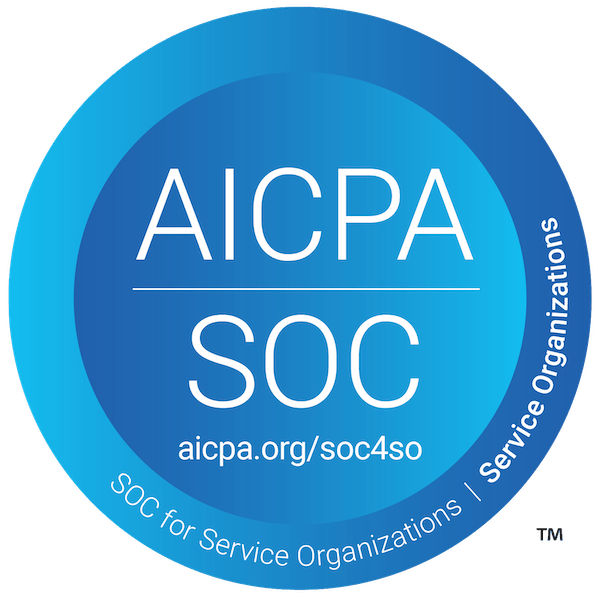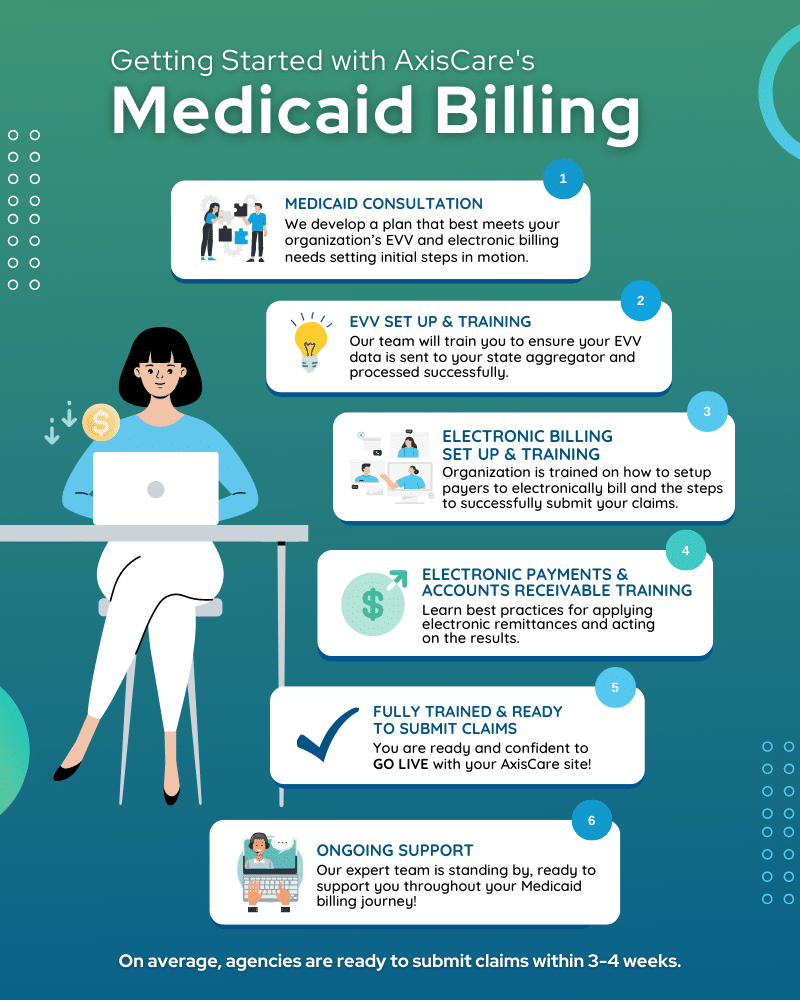What is Personal Care?
Personal care, at its core, involves assistance with day-to-day activities to support an individual’s health and well-being, especially in a home care setting. This includes, but is not limited to, bathing, dressing, grooming, and feeding – essentially any support that aids in maintaining a person’s dignity, comfort, and quality of life. The definition of personal care extends to offering emotional support, companionship, and encouragement to engage in social activities.
Importance of Personal Care
The pivotal role of personal care lies in its capacity to provide individuals, particularly those with disabilities, the elderly, or those recovering from illnesses, with the foundational support needed to live life to the fullest. It upholds dignity, ensures safety, and fosters independence in the comforts of one’s home, directly contributing to an improved mental and physical health state.
Personal Care Options
Personal care services can be customized to meet the specific needs of each person, ensuring that everyone receives the level of assistance that best suits their lifestyle. Options for personal care include:
- Hiring Professional Caregivers: This can be done through reputable agencies that provide trained and vetted professionals for a range of personal care services.
- Employing Private Caregivers: Individuals may also choose to hire private caregivers directly, allowing for a more personalized selection process.
- Informal Care from Family Members: For those who prefer or require it, care can also be provided by family members, offering a more intimate and familiar form of support.
When selecting the appropriate personal care service, it is crucial to consider the individual’s specific needs, financial capacity, and the expected quality of care to ensure the best fit.
By taking these factors into consideration, families can make informed decisions about personal care services, ensuring their loved ones receive the most appropriate and high-quality care tailored to their needs.
What is a Personal Care Plan?
A personal care plan is a comprehensive strategy designed to meet the specific needs of an individual requiring personal care. Developed in consultation with healthcare professionals, the individual, and often their family members, this plan outlines the type of care needed, objectives to be achieved through personal care, and specifics about the administration of care. It acts as a roadmap guiding all involved in ensuring consistent, effective, and respectful care is delivered.
Why Do People Require Personal Care Services?
Individuals may require personal care services for a host of reasons – age-related difficulties, disabilities, recovery post-surgery, or chronic illnesses that impede daily functioning. The necessity for personal care stems from a need for assistance with basic living activities, a need to ensure safety, and a desire to maintain a certain quality of life despite physical or mental constraints.
Duties and Responsibilities of a Personal Care Caregiver
The duties and responsibilities of a personal care caregiver are diverse and tailored to the needs of the individual being cared for. These include:
- Aiding With Personal Hygiene: Assistance with bathing, grooming, and dressing to maintain personal cleanliness and dignity.
- Assisting With Mobility: Help with moving around the home or outside to facilitate physical activity and reduce the risk of falls.
- Support With Eating and Dietary Needs: Providing assistance during meals and ensuring dietary requirements are met for optimal health.
- Administering Medication: Helping with the management and administration of prescribed medications to ensure they are taken correctly and on time.
- Facilitating Social Engagement: Encouraging and aiding participation in social activities to maintain mental health and prevent isolation.
- Observing Health Changes: Monitoring any changes in the individual’s health and reporting them to healthcare professionals or family members.
- Offering Emotional Support: Providing companionship and emotional encouragement to support mental well-being and resilience.
- Promoting Overall Well-Being: Going beyond specific tasks to advocate for the individual’s best interest, contributing to a better quality of life.
Accessing quality personal care services is vital for individuals facing every day challenges due to age, illness, or disability. By understanding the diverse options, duties, and responsibilities associated with personal care, families can make more informed decisions best suited to their unique situation. Personal care services not only aid in maintaining individuals’ health and dignity but also enrich their lives, providing peace of mind to both the ones receiving care and their loved ones. With the right personal care plan and caregiver, individuals can continue to lead fulfilling lives in the comfort and familiarity of their own homes.







